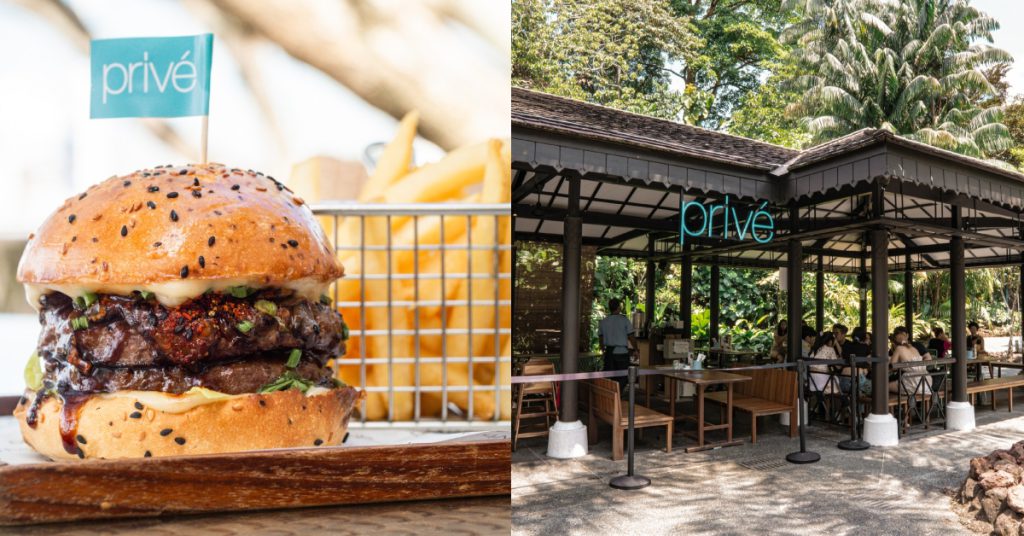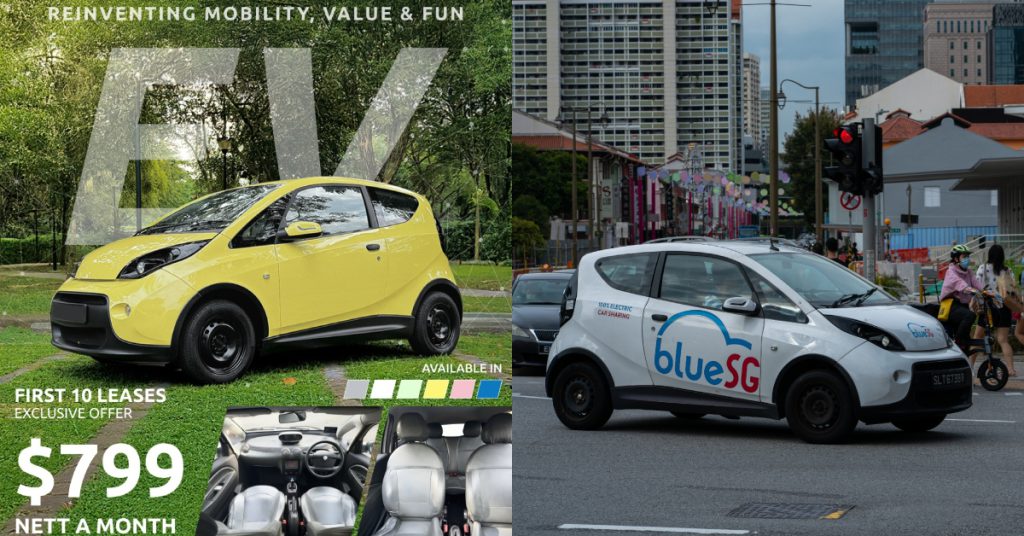Remember FaceApp? The AI-powered photo editing app that was really popular for about a week and inadvertently sparked a debate about personal privacy at the same time?
Well, meet its spiritual successor, Zao, which has been causing a hoo-ha of similar magnitude in the tech world. Despite being released last Friday (30th August), the Chinese face-swap app has already climbed to the top of China’s iOS App Store.
While we aren’t able to test the app ourselves (it’s only available on Chinese app stores), artist Allen Xia posted a series of Tweets that gives a pretty clear idea of how it works — after uploading a single photo of yourself, the app uses DeepFake technology to seamlessly insert your likeness into hundreds of movie scenes, musical performances, and even video game cutscenes.
Sounds like fun, but much like FaceApp before it there are much darker implications hiding in the background. According to a report by Bloomberg, an earlier version of the app’s user agreement included a clause that gave Zao’s developers “free, irrevocable, permanent, transferable, and relicense-able” license to all user-generated content.
If that sounds vaguely familiar, it’s because FaceApp’s terms of service had a similar clause, allowing their developers to “distribute, publicly, perform and display your user content and any name, username or likeness provided in connection with your user content in all media formats and channels now known or later developed, without compensation to you.”
In a surprising turn of events, however, it looks like people have actually learned from the FaceApp fiasco — users have since bombarded the app with negative reviews (its App Store rating currently stands at 1.9 stars out of 5) in protest of these privacy issues, and popular social media platform WeChat also banned links from the app due to “security risks”.
The company has since updated the user agreement, removing the clause and assuring users that they won’t use the uploaded material for anything other than to improving the app. Deleting a piece of content will also erase it from Zao’s servers, and an option to delete an account has been added as well.
Zao hasn’t made its way to Singapore, and looking at the controversy it probably never will. It should, however, be used as (another) cautionary tale of giving your privacy away for few minutes of entertainment.
Feature Image Credit: Allan Xia












